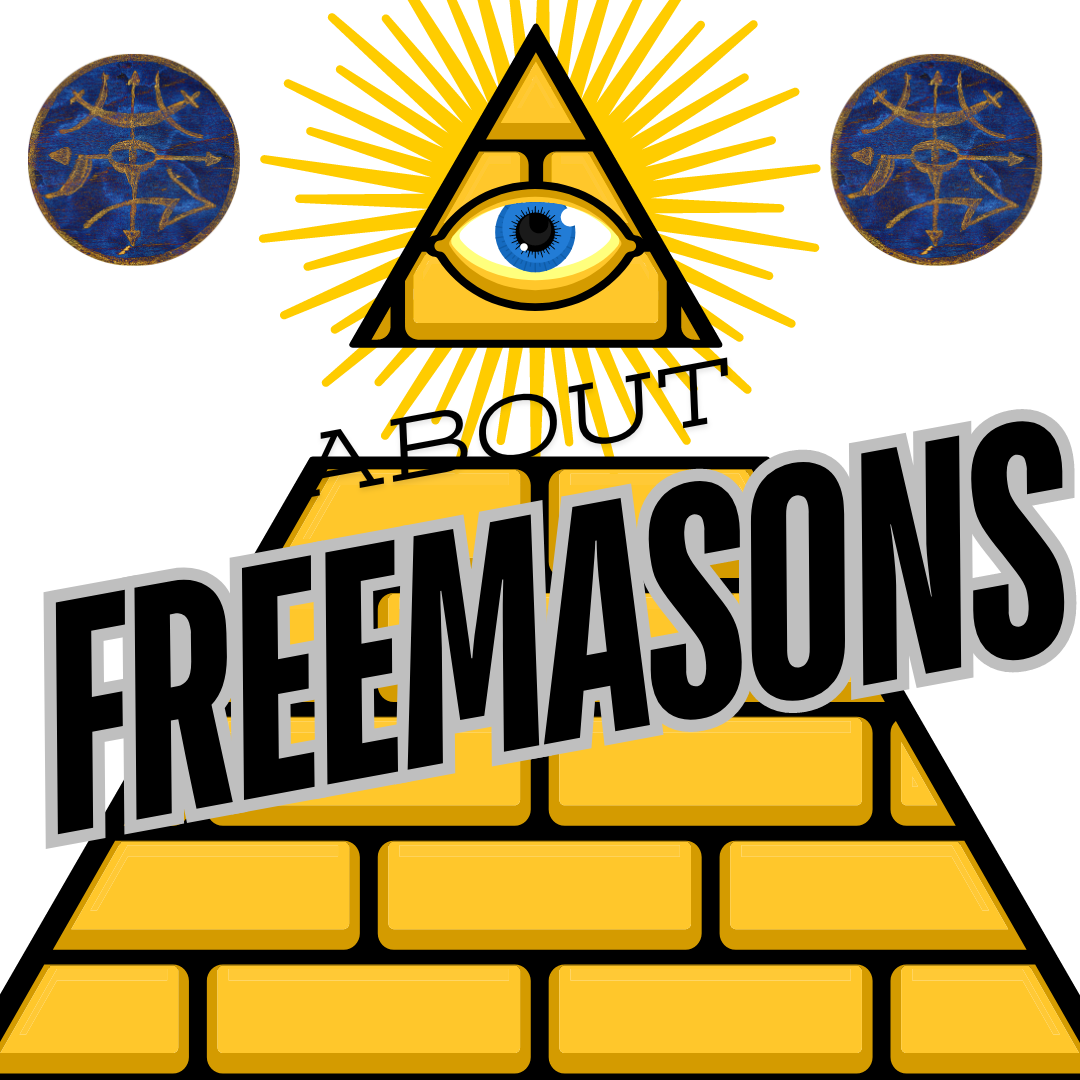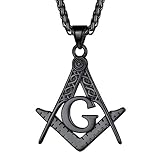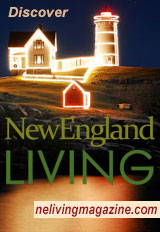The Masons: A Comprehensive Exploration
Freemasonry, often referred to simply as “the Masons,” is one of the world’s oldest and most enigmatic fraternal organizations. Its origins are shrouded in mystery, and its influence has spanned centuries, shaping various aspects of society, culture, and governance. This thesis aims to provide an in-depth examination of the Masons, delving into their history, notable members, initiation rituals, membership requirements, philanthropic endeavors, and prospects for the future.
The History and Origins of the Masons
Early Origins of Freemasonry
The precise origins of Freemasonry are a subject of debate among historians and Masonic scholars. The earliest documented evidence of Masonic lodges dates back to the late 16th and early 17th centuries in England and Scotland. However, it is more likely that the roots of Freemasonry can be traced much further back, to the stonemasons’ guilds of the Middle Ages. These Stonemaker guilds were responsible for the construction of cathedrals, castles, and other significant structures, and they maintained a system of apprenticeship and secret signs to protect their trade secrets and support their causes and beliefs.
The Formation of the Grand Lodge
The formal establishment of Freemasonry as we recognize it today occurred on June 24, 1717, when four London lodges came together to form the Grand Lodge of England. This event marked the beginning of organized Freemasonry, providing a structured and centralized governing body for the various lodges. The Grand Lodge of England established standardized rituals, practices, and governance structures that would be adopted by lodges worldwide.
Spread and Development
Freemasonry quickly spread across Europe and into the American colonies. By the mid-18th century, it had established a strong presence in France, Germany, and other European countries. The Age of Enlightenment, with its emphasis on reason, science, and individual rights, provided fertile ground for the growth of Freemasonry. Masonic lodges became centers of intellectual exchange and social reform, attracting prominent thinkers and leaders.
Freemasonry in America
Freemasonry played a significant role in the early history of the United States. Many of the Founding Fathers were Masons, and Masonic ideals of liberty, equality, and fraternity resonated with the emerging nation’s principles. The first American lodge was established in Boston in 1733, and Freemasonry rapidly spread throughout the colonies. By the time of the American Revolution, Masonic lodges were well established, and many key figures in the fight for independence were members.
Famous US Masons
Founding Fathers
Several Founding Fathers of the United States were Masons, including George Washington, Benjamin Franklin, and John Hancock. George Washington, the nation’s first president, was a Master Mason and attended numerous Masonic meetings. Benjamin Franklin was not only a Mason but also a Grand Master of the Grand Lodge of Pennsylvania. Their Masonic affiliations influenced their leadership and the founding principles of the nation.
Other Notable Masons
Freemasonry has attracted many prominent Americans over the centuries. Some notable Masons include:
- Harry S. Truman: The 33rd President of the United States was an active Mason, serving as Grand Master of the Grand Lodge of Missouri.
- Franklin D. Roosevelt: The 32nd President of the United States was initiated into Freemasonry in 1911.
- Thurgood Marshall: The first African American Supreme Court Justice was a member of Prince Hall Freemasonry, a branch of Freemasonry traditionally composed of African American members.
- John Wayne: The legendary actor was a Master Mason, joining the organization in 1970.
- Buzz Aldrin: The astronaut and second man to walk on the moon carried a Masonic flag with him on the Apollo 11 mission.
Famous International Masons also include Montesquieu, Voltaire, Sir Robert Walpole, Wolfgang Amadeus Mozart, and Johann Wolfgang von Goethe. These individuals exemplify the diverse influence of Freemasonry across different fields and eras.
The Initiation Process
Degrees of Freemasonry
Freemasonry is structured around a series of degrees, each representing a different level of knowledge and commitment. The three primary degrees are:
Entered Apprentice: The first degree, symbolizing a novice’s initiation into the fraternity. It focuses on moral development and the basic principles of Freemasonry.
Fellow Craft: The second degree, represents the intermediate stage of Masonic education. It emphasizes intellectual growth and the study of the liberal arts and sciences.
Master Mason: The third and highest degree in Blue Lodge Freemasonry. It symbolizes full membership and the attainment of Masonic wisdom. This degree includes the legendary story of Hiram Abiff, a central figure in Masonic tradition.
The Initiation Ceremony
The initiation process into Freemasonry is a solemn and symbolic ceremony. Prospective members, or candidates, must be recommended by existing members and undergo a rigorous vetting process. The initiation ceremony typically includes the following elements:
Blindfolding and Cable Tow: The candidate is blindfolded and led into the lodge room by a “cable tow,” a symbolic rope, representing a state of ignorance and dependence.
Oath and Obligation: The candidate takes a solemn oath, pledging to uphold the principles of Freemasonry and maintain the confidentiality of its rituals.
Symbolic Journey: The candidate undergoes a symbolic journey around the lodge room, encountering various challenges and lessons representing the Masonic virtues.
Revelation: The candidate’s blindfold is removed, symbolizing enlightenment and the acquisition of Masonic knowledge.
Each degree has its own unique rituals and symbols, all designed to impart moral and philosophical teachings to the candidate.
How to Become a Mason
Membership Requirements
To become a Mason, a candidate must meet several basic requirements, which may vary slightly by jurisdiction but generally include:
Male Gender: Traditionally, Freemasonry is open only to men. However, there are affiliated organizations for women, such as the Order of the Eastern Star.
Legal Age: Candidates must typically be at least 18 or 21 years old, depending on the jurisdiction.
Belief in a Supreme Being: Candidates must profess a belief in GOD, or a Supreme Being, although Freemasonry does not dictate specific religious beliefs.
Good Moral Character: Candidates must be of good moral character and be recommended by existing Masons.
Application Process
The process of becoming a Mason usually involves the following steps:
Expression of Interest: A prospective candidate expresses interest in joining Freemasonry, often by contacting a local Masonic Lodge or being introduced by a current member.
Petition for Membership: The candidate completes a petition for membership, providing personal information and affirming their belief in a Supreme Being.
Investigation and Balloting: The lodge investigates the candidate’s background and character. The candidate’s petition is then presented to the lodge members, who vote on whether to accept the candidate.
Initiation: If accepted, the candidate undergoes the initiation ceremony for the Entered Apprentice degree.
This process ensures that candidates are well-vetted and committed to the values of Freemasonry.
Philanthropy and Masonic Support
Charitable Activities
Freemasonry is well known for its philanthropic endeavors. Masonic lodges and affiliated organizations support a wide range of charitable activities, including:
- Healthcare: Masonic charities often support hospitals, medical research, and healthcare initiatives. The Shriners Hospitals for Children, established by the Shriners International, a Masonic-related organization, provide specialized medical care to children free of charge.
- Education: Many Masonic lodges offer scholarships and educational grants to students. The Scottish Rite, another Masonic body, supports programs for dyslexia education and research.
- Disaster Relief: Masons frequently provide aid and support during natural disasters and emergencies, offering financial assistance and volunteer services.
- Community Services: Local lodges often engage in community service projects, such as food drives, blood donation campaigns, and support for veterans’ organizations.
Masonic Values
Freemasonry promotes a set of core values that guide its members’ actions and charitable work. These values include:
Brotherly Love: The principle of mutual respect and support among members.
Relief: The commitment to providing aid and assistance to those in need.
Truth: The pursuit of knowledge, honesty, and integrity in all actions.
These values underscore the Masonic commitment to making a positive impact on society.
Every Masonic Lodge has a Master, two Wardens, a treasurer and a secretary. There is also always an outer guard, called a Tyler, outside the door of a working Lodge, who may be paid to secure its privacy.
The Future of the Masons
Challenges Facing Freemasonry
Freemasonry faces several challenges in the modern era, including:
Declining Membership: Many Masonic lodges have experienced a decline in membership over the past few decades. Factors contributing to this trend include changing social dynamics, competition from other organizations, and a general decline in participation in fraternal and civic groups.
Public Perception: Freemasonry has often been the subject of conspiracy theories and misconceptions, leading to skepticism and mistrust. Although, efforts to improve transparency and public relations are ongoing the nature of Freemasonry involves secrecy to protect the organization’s work.
Opportunities for Renewal
Despite these challenges, Freemasonry also has opportunities for renewal and growth:
Inclusivity: There is a growing movement within Freemasonry to promote greater inclusivity and diversity. This includes efforts to attract younger members and people of different backgrounds.
Community Engagement: Strengthening community engagement and expanding charitable activities can enhance the public image of Freemasonry and attract new members who are passionate about making a difference in the world.
Educational Programs: Investing in educational programs that promote Masonic values and history can help preserve the organization’s heritage and inspire a new generation of leaders.
Technological Integration
The integration of technology into Masonic practices is another avenue for growth. Virtual meetings, online educational resources, and digital communication platforms can help lodges stay connected and engage members who may not be able to attend in person.
Globalization and Networking
Freemasonry’s global reach presents opportunities for international collaboration and networking. By fostering connections between lodges worldwide, Freemasons can share best practices, support global charitable initiatives, and strengthen the bonds of brotherhood across borders.
Freemasonry is a venerable institution with a rich history and a profound impact on society. From its mysterious origins to its role in shaping modern nations, the Masons have left an indelible mark on the world. Through their commitment to moral development, philanthropy, and the pursuit of knowledge, Freemasons continue to uphold values that seem to be rapidly disappearing in today’s world.
As Freemasonry navigates the challenges of the 21st century, the Masons of today will ensure that their fraternity remains a vital and positive force for years to come. Their challenge to do so is becoming more challenging. We thank you for supporting freedom, diversity, acceptance, and education. May God Bless the Masons and all humanity.
SHOP MENS MASONIC JEWELRY






















